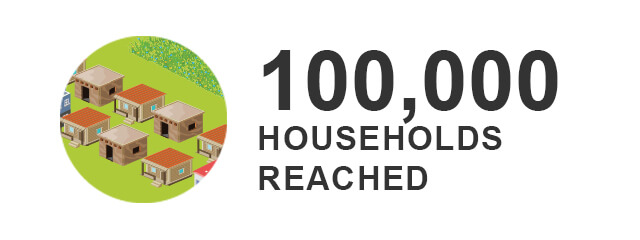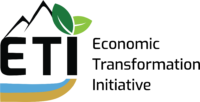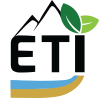The ETI’s commitment to achieve gender equality is integral in the Project Design Report (PDR) developed in March 2015. It is the first developmental project in GB that focuses on gender mainstreaming. The Gender and Poverty section specifically focuses on gender aspect of programme. Starting from planning stage to implementation, monitoring and evaluation and gender sensitive budgeting, gender has been explicitly targeted. The section has presently adopted a two-pronged approach of organizational and programmatic strengthening. The Gender Equality Policy (GEP) is the legal document for organizational strengthening with a gender perspective while the Gender Strategy grasps all the activities related to the programmatic interventions in the field. The empowerment of women is ensured through a range of activities and processes
- Village Social Development Priorities are determined through full participation of women in mixed or separate village production groups as the social norms of the area dictate
- Target for women’s and men’s participation in all key activities is specified with a primary focus on women as per the Programme Design.
- The Annual Work plan and Budget (AWPB) of the programme contains a specific gender action plan.
- Gender balance in staffing, with women comprising at least 30 per cent of the staff is ensured in PCU, RCU and SMP.

Main activities of the Gender and Poverty Section comprises of;
- Social Assessment of poorest households as part of the component 1.
- Coordinates and facilitates the activities for men, women and youth in the programme focused area.
- Conducts Gender Sensitization and Mainstreaming Trainings and Workshops for the PCU, RCU and implementing partner organizations.
- Organizes Gender sensitization and mainstreaming training sessions for the community representatives.
- Coordinates and facilitates the trainings on nutrition improvement and awareness creation to reduce child malnutrition in the programme focused area.
- Prepared gender and poverty checklist, guidelines for the 4P partnership models to mainstream gender.
Compiles and disseminates the reporting and progress on monthly and quarterly basis.

